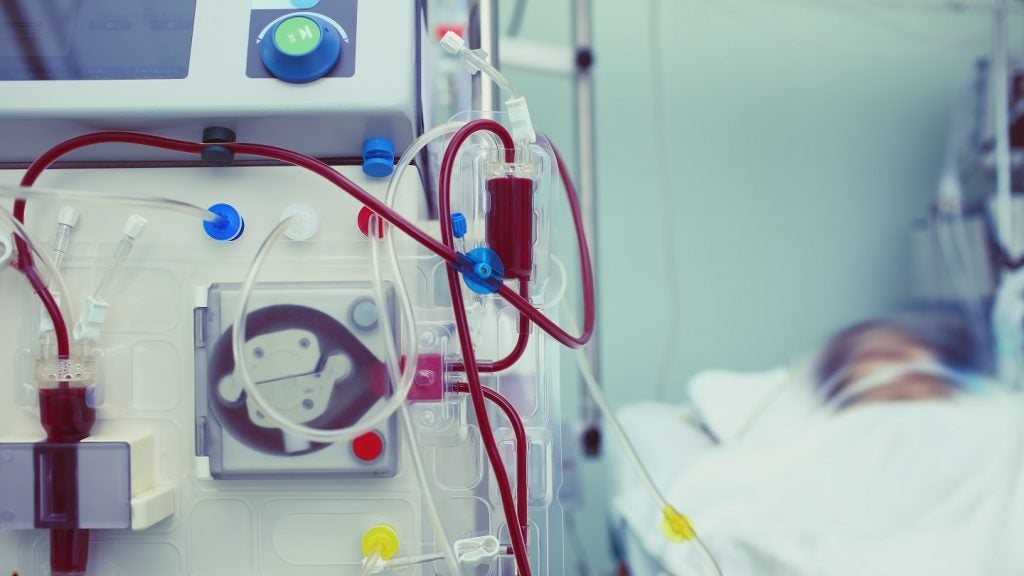Tulane University School of Medicine in New Orleans, Louisiana, has partnered with SOPHiA GENETICS to advance its research on blood cancers.
Using the SOPHiA DDM Platform, the medical school aims to expand its hematologic testing programme, specifically focusing on blood cancer research.
Blood cancers, including leukaemia, lymphoma, and myeloma, are said to constitute around 10% of new cancer cases in the US annually.
By leveraging next-generation sequencing (NGS) data analysis provided by the SOPHiA DDM Platform, researchers can identify biomarkers and share data-driven insights with clinical researchers.
Tulane University School of Medicine molecular genetics diagnostic laboratory director Yuwen Li said: “When the time came to upgrade our sequencing platform, the SOPHiA DDM Platform provided a comprehensive heme panel sequencing solution.
“SOPHiA GENETICS offered a chance to rapidly introduce the new solutions to our service menu, and I am hopeful that this integration of SOPHiA GENETICS technology to our workflow will be the new start of our continuous efforts to improve the academic centre-based genetic/genomic diagnostic services from our Louisiana communities to many more areas.”
This partnership is expected to accelerate research efforts in blood cancer, offering quicker data turnaround and aiding disease assessment.
SOPHiA GENETICS chief revenue officer Ken Freedman said: “At SOPHiA GENETICS we believe in the power of data-driven medicine and its ability to change the face of healthcare.
“With the adoption of the SOPHiA GENETICS Platform, we are confident that Tulane University School of Medicine will be able to scale its programme, further research of blood cancers, and efficiently increase the use of precision medicine.”















